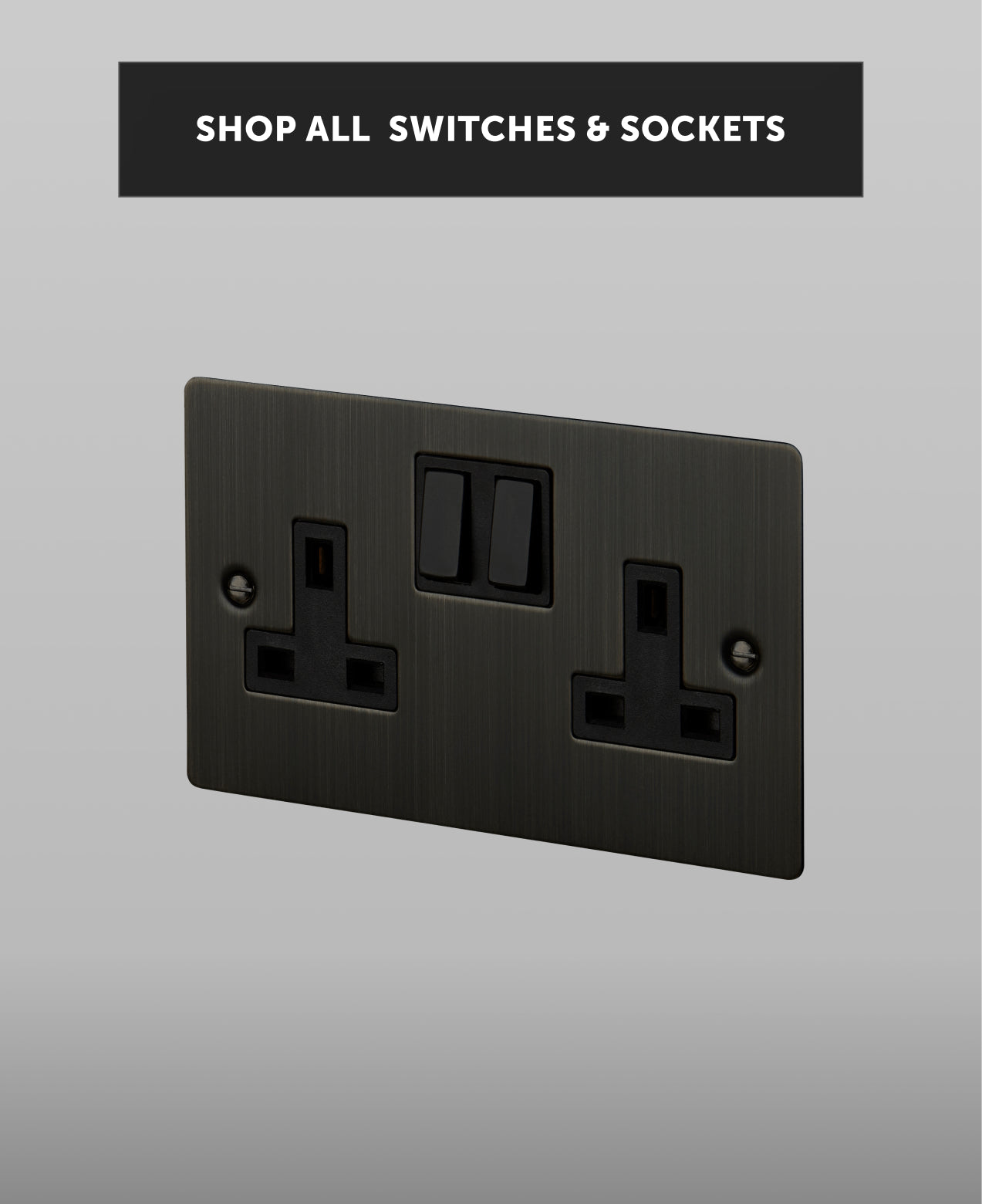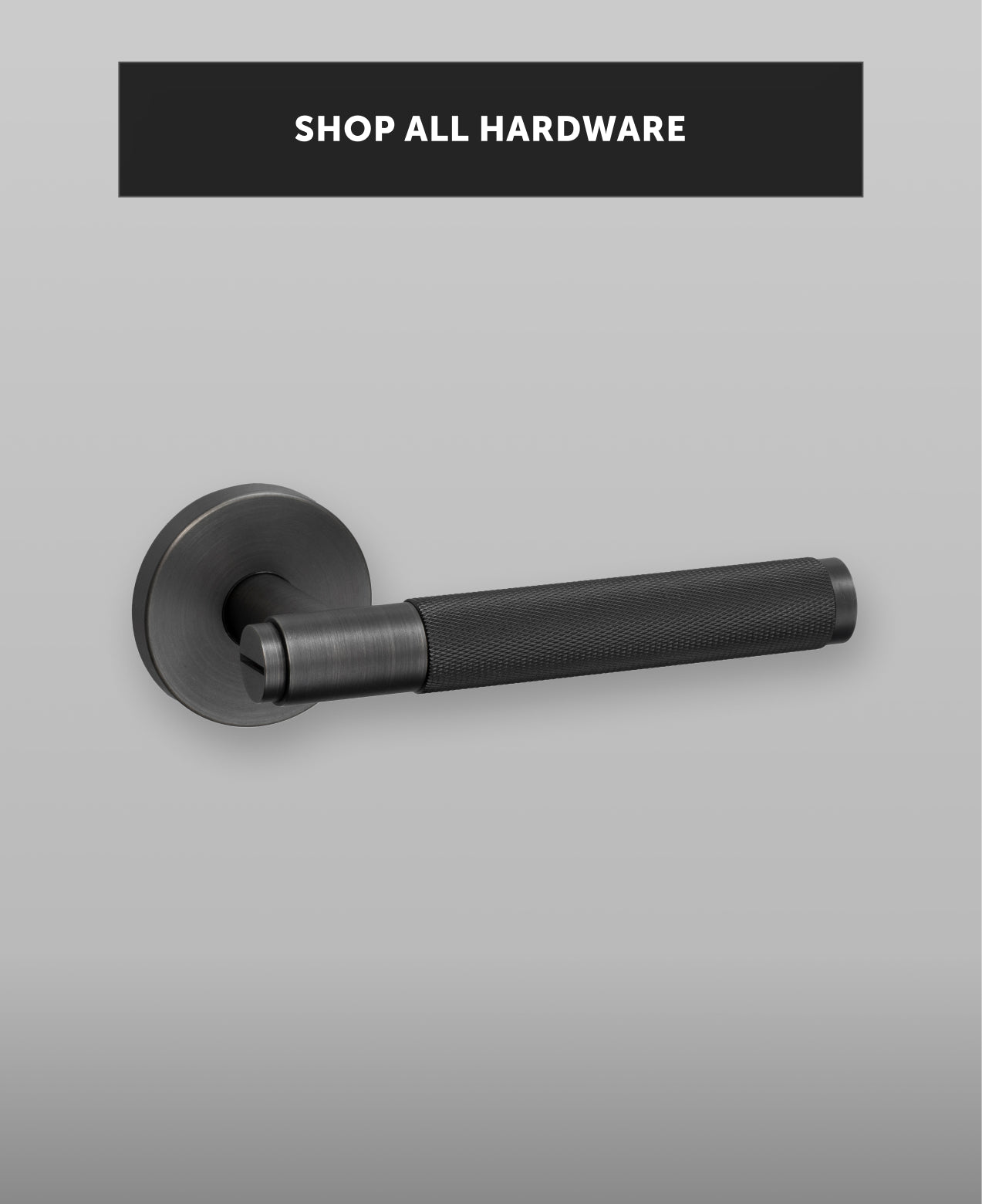Punch Blog
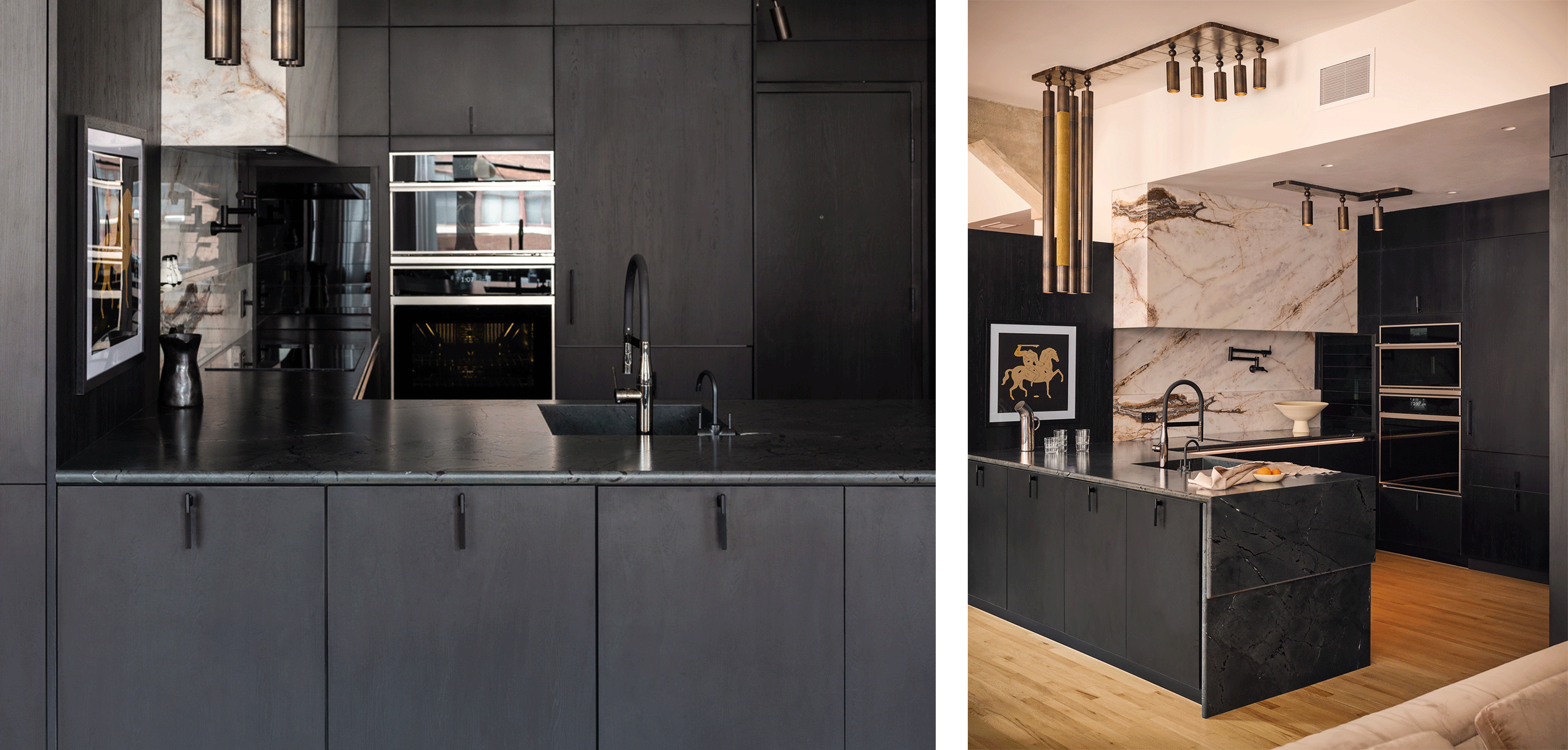
Situated in the eaves of an old print press, the loft conversion of Sixtysix magazine editor Chris Force is a study in the consideration of meaning. Originally designed by George C. Nimmons in 1916...
Read more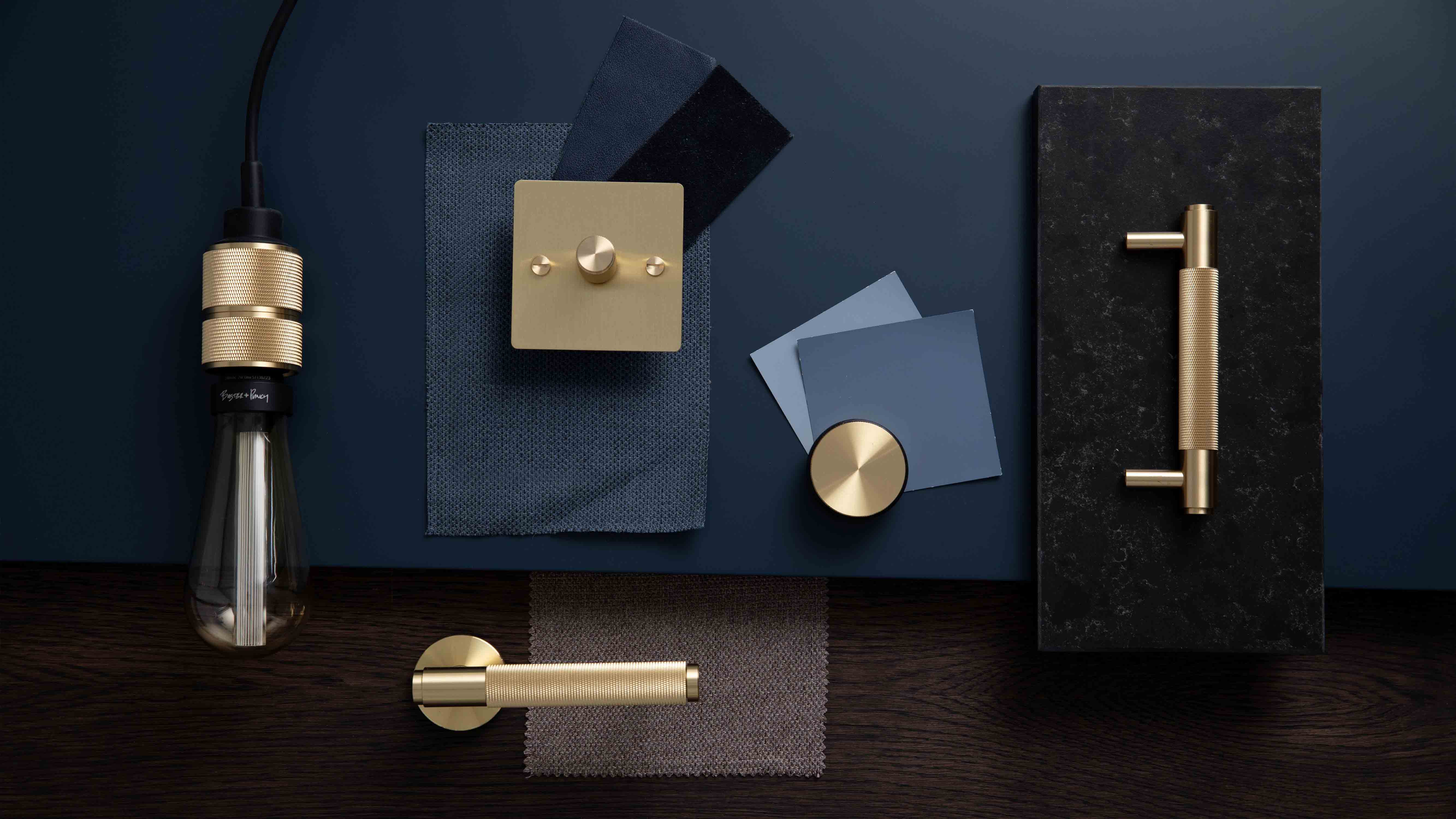
Inspired by the onset of Autumn and the riot of colour that emerges, we took to the studio to let our creativity run free with some of the most popular B+P finishes. SMOKED BRONZE + EARTHEN REDS S...
Read more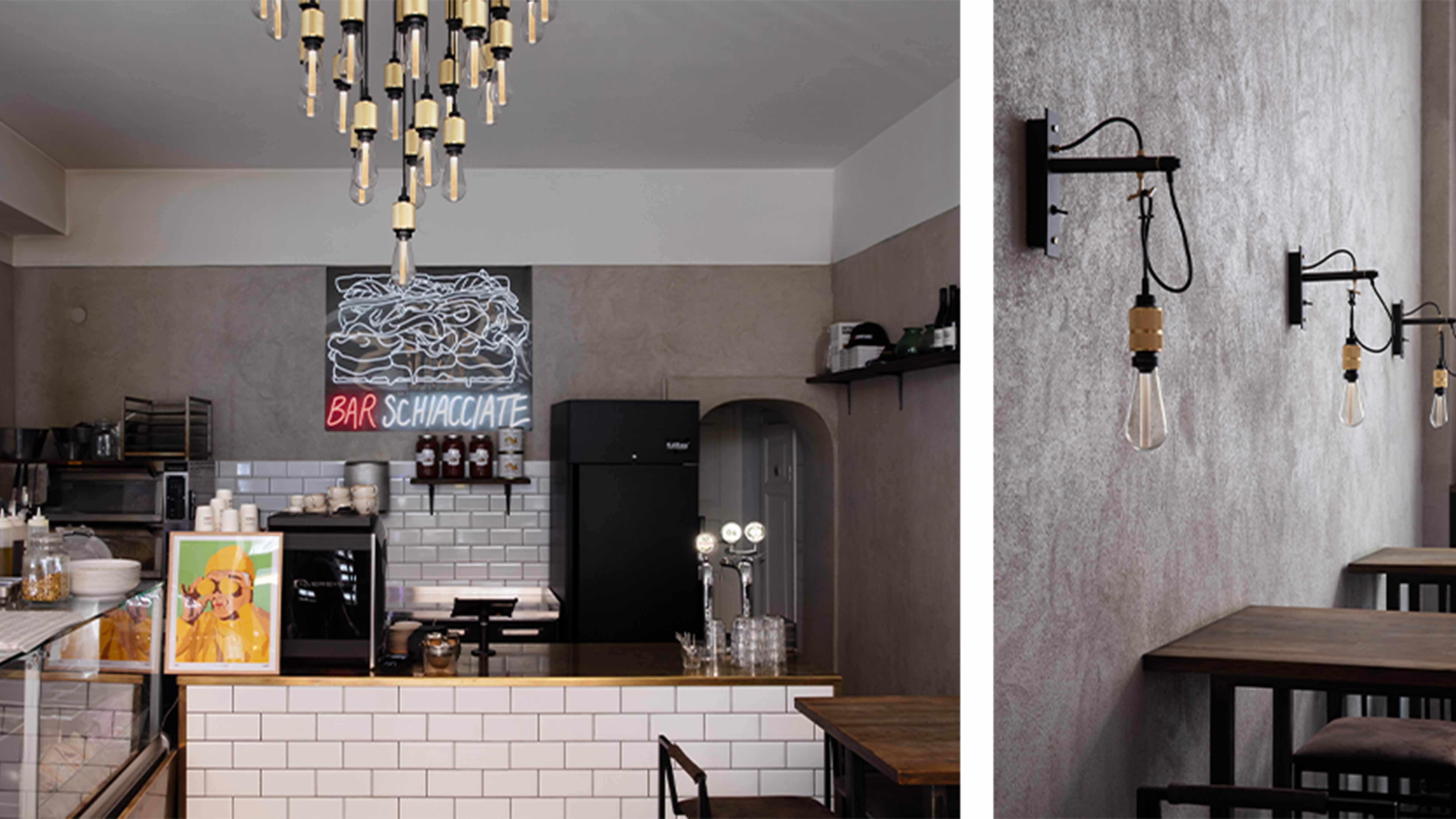
ALL THE RIGHT STYLE INGREDIENTS
Restaurants are the hot ticket when it comes to interior inspiration, with projects around the world providing design nourishment for all tastes. In this post, we’re exploring three global destinat...
Read more
This is the final in our latest series of process films, and we wanted to shine a little light on our second look, Linear. When we began planning the follow-up look to our signature Cross-Knurl, we...
Read more
THE GREATEST CITY IN THE WORLD
London is our heartbeat, flooding our veins with influences, cultures, style and energy. Stepping away from the product drops for a moment, we took the city’s pulse through the eyes of a few friend...
Read more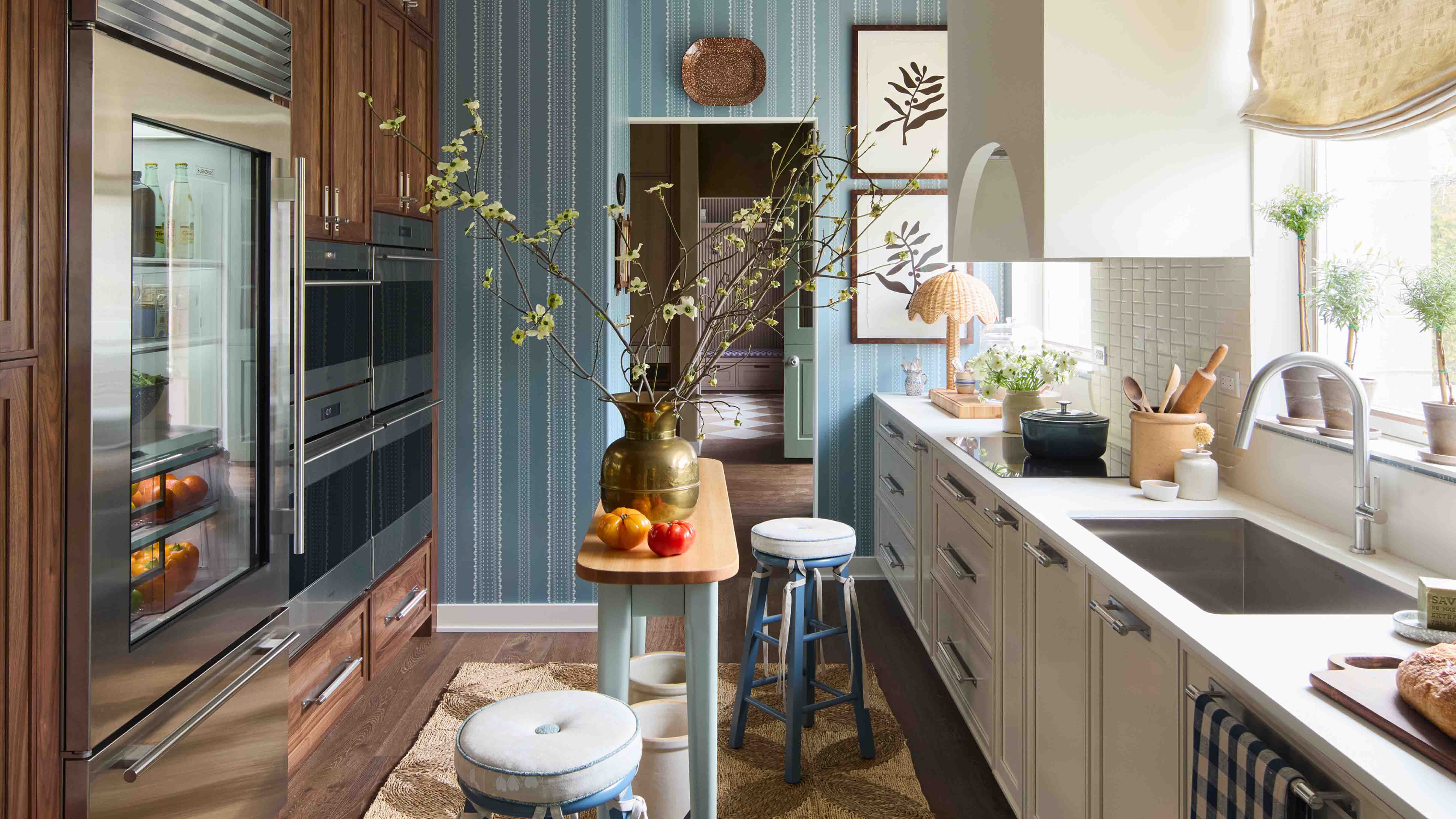
Colourful Interiors That Hit Different
From bold feature walls in natural stone to subtle tonal palettes, colour has the creative power to transform space and atmosphere. When the energy of colour meets the raw power of Buster + Punch’s...
Read more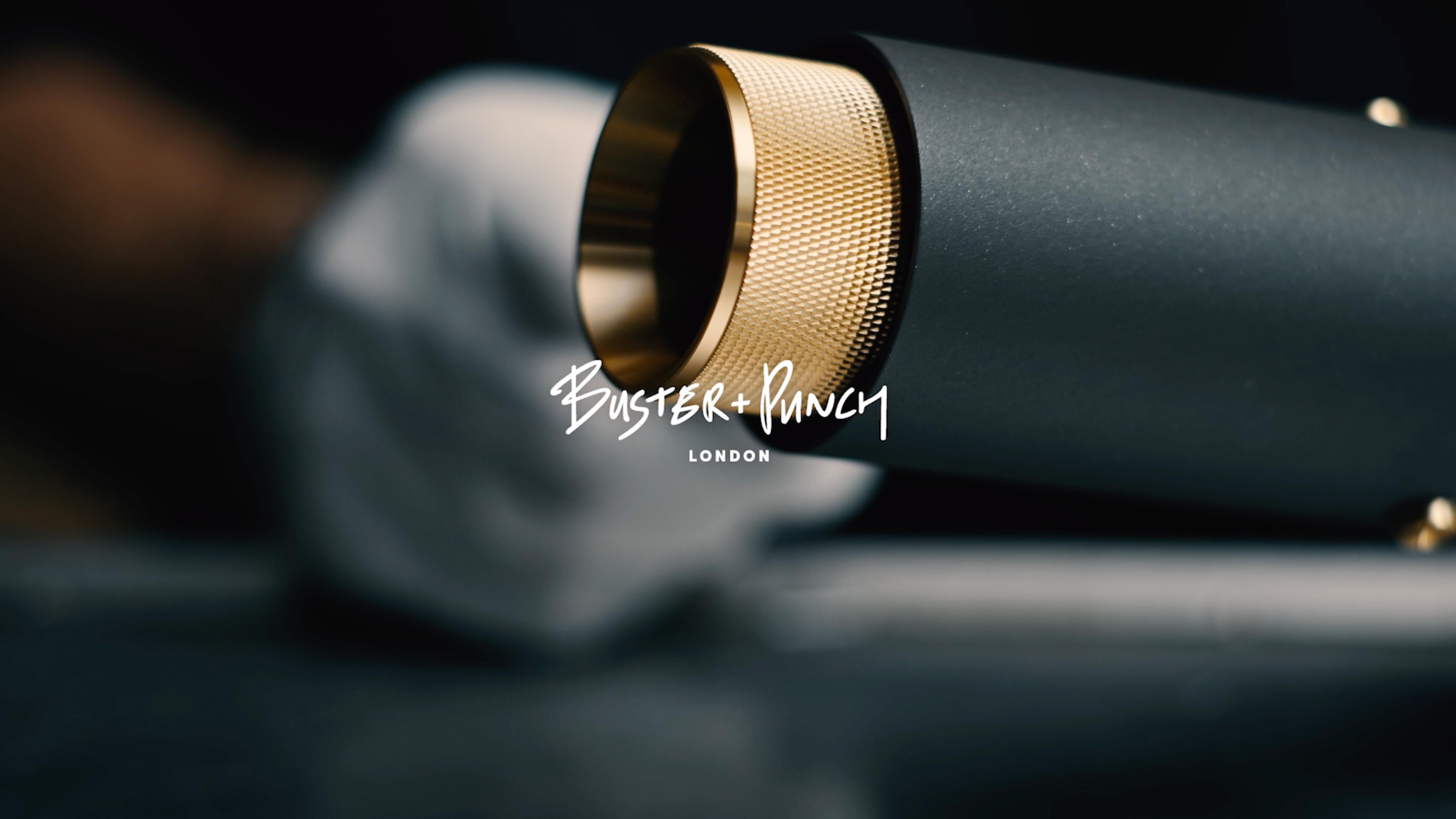
When it comes to lighting design, the Buster + Punch Exhaust light stands in a league of its own. Crafted with precision and packed with thoughtful design details, it’s a piece that does more tha...
Read more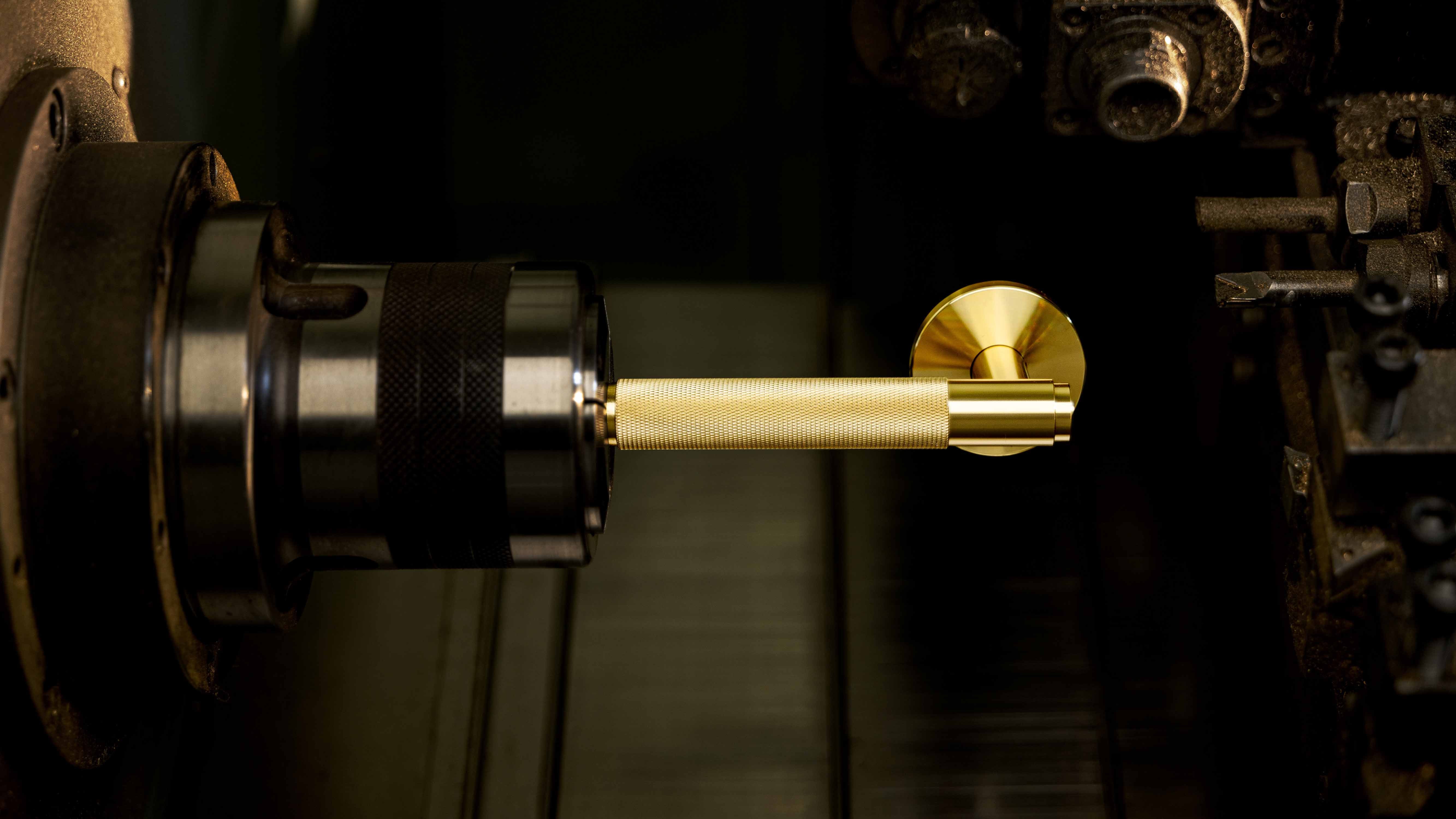
THE PERFECT KNURL FOR THE PERFECT FEEL
With so many mesmerising techniques and processes contributing to the pieces in our collections, it’s easy to become overwhelmed. However, there was one of our icons that we had to explore during o...
Read more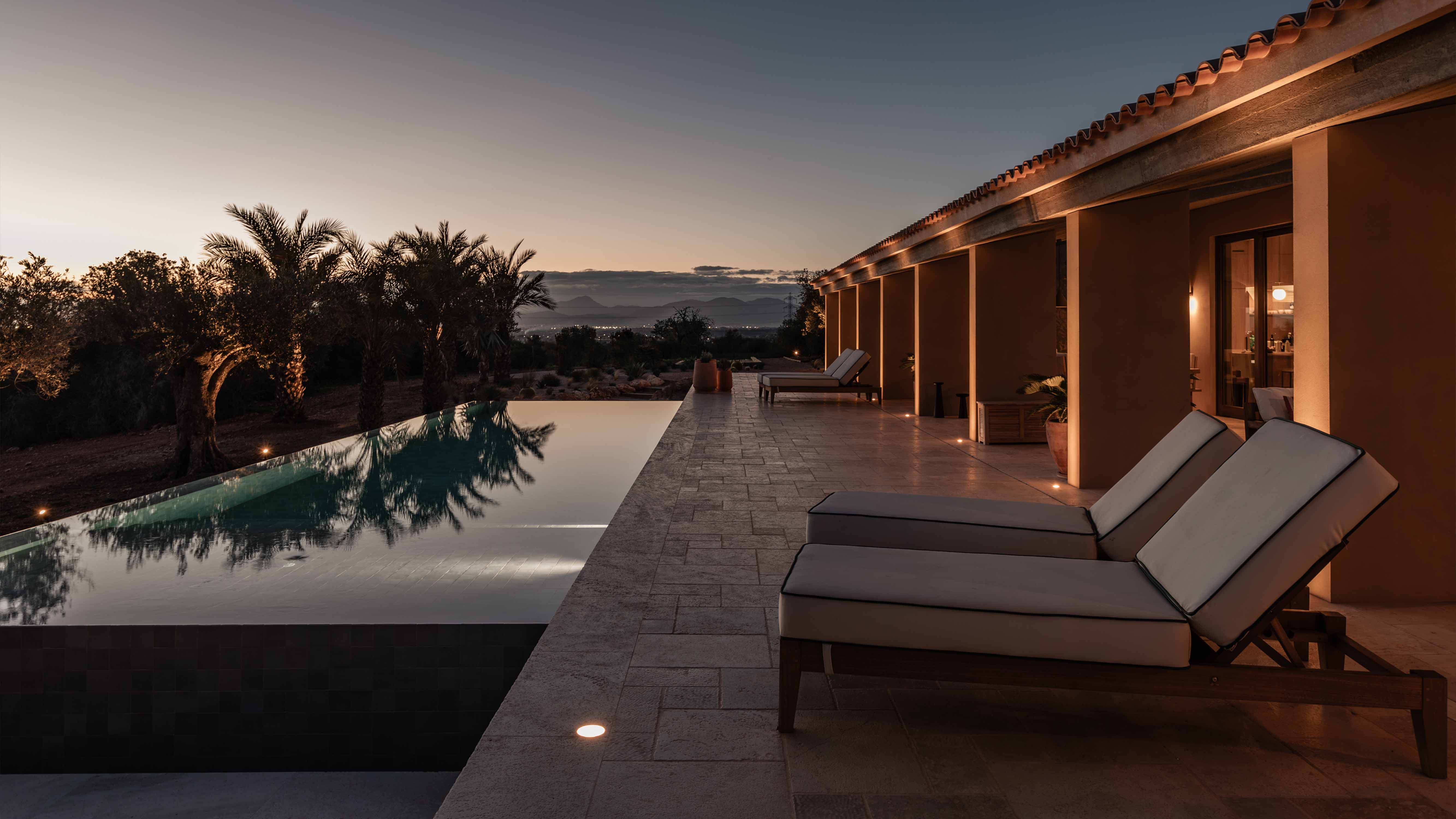
Summer Inspiration Gets No Better
We knew this project was something special as soon as we glimpsed Finca Son Tee by designer Malin Plank Eduards of Eduards Interior. The harmonic natural tones picked up by its facades, the airy op...
Read more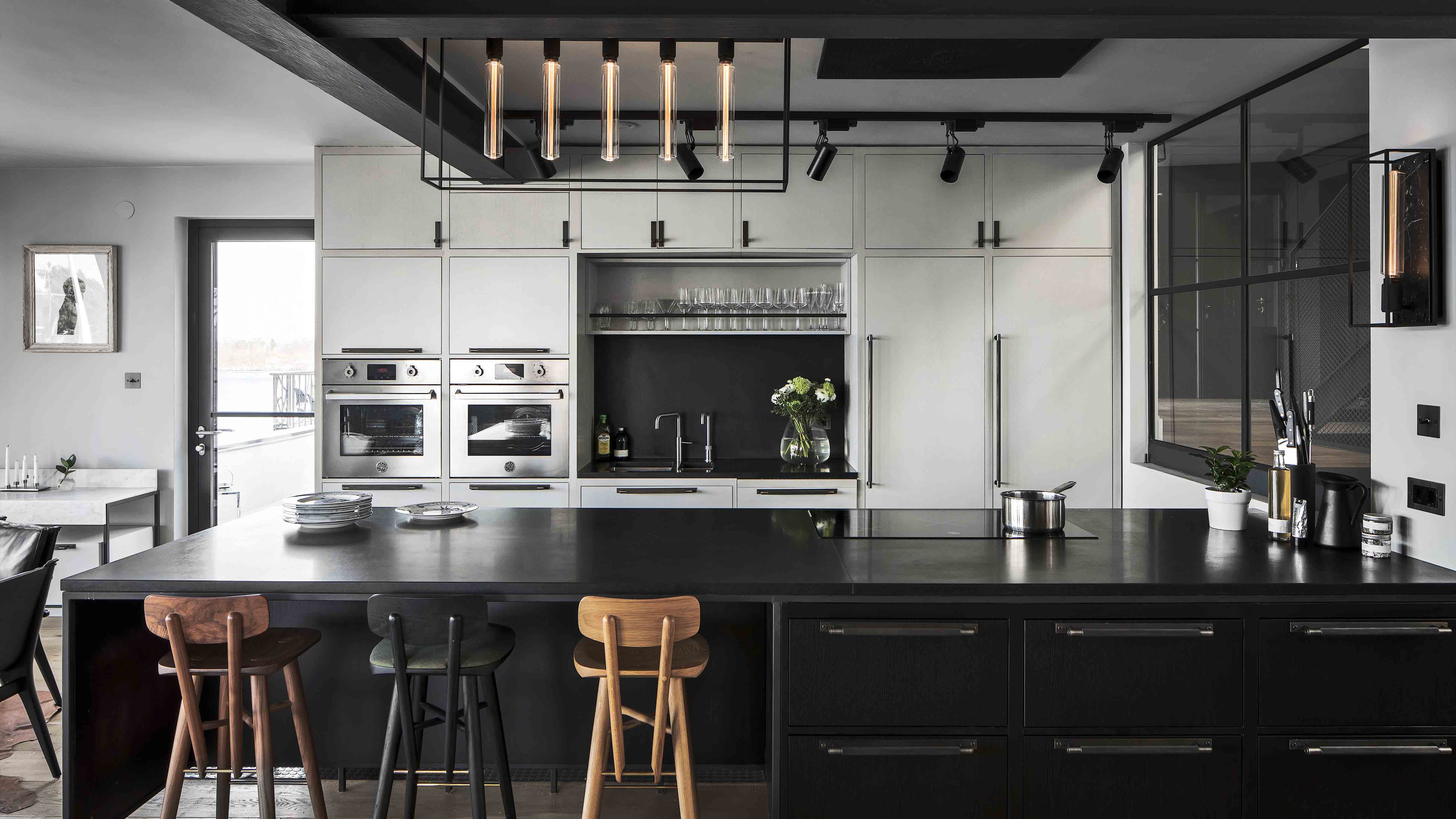
Photo / Jake Fitzjones Photo / Jake Fitzjones Smoked Bronze can be woven into virtually any style. Our versatile ‘living finish’ warms up modern settings, enhances classic styling, and adds s...
Read more